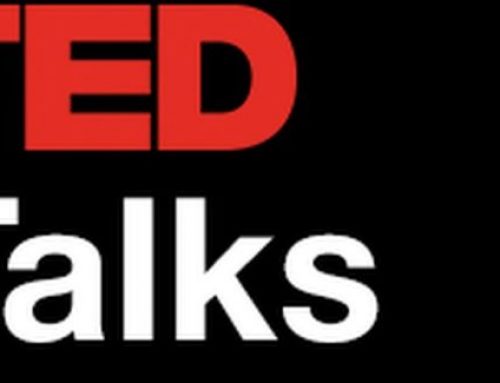Sulking
Sulking, De Botton suggests, stems from a form of magical thinking — the belief, endearing in its origin but deleterious in its effect, that an impossibility is possible:
Sulking pays homage to a beautiful, dangerous ideal that can be traced back to our earliest childhoods: the promise of wordless understanding. In the womb, we never had to explain. Our every requirement was catered to. The right sort of comfort simply happened. Some of this idyll continued in our first years. We didn’t have to make our every requirement known: large, kind people guessed for us. They saw past our tears, our inarticulacy, our confusions: they found the explanations for discomforts which we lacked the ability to verbalize.
That may be why, in relationships, even the most eloquent among us may instinctively prefer not to spell things out when our partners are at risk of failing to read us properly.
Only wordless and accurate mind reading can feel like a true sign that our partner is someone to be trusted; only when we don’t have to explain can we feel certain that we are genuinely understood.
But rather than bemoaning the sulk as a fatal flaw of a relationship, De Botton wrests from it evidence of the most hopeful and generous capacity of the human heart:
We would ideally remain able to laugh, in the gentlest way, when we are made the special target of a sulker’s fury. We would recognize the touching paradox. The sulker may be six foot one and holding down adult employment, but the real message is poignantly retrogressive: “Deep inside, I remain an infant, and right now I need you to be my parent. I need you correctly to guess what is truly ailing me, as people did when I was a baby, when my ideas of love were first formed.”
We do our sulking lovers the greatest possible favor when we are able to regard their tantrums as we would those of an infant. We are so alive to the idea that it’s patronizing to be thought of as younger than we are; we forget that it is also, at times, the greatest privilege for someone to look beyond our adult self in order to engage with — and forgive — the disappointed, furious, inarticulate child within.



